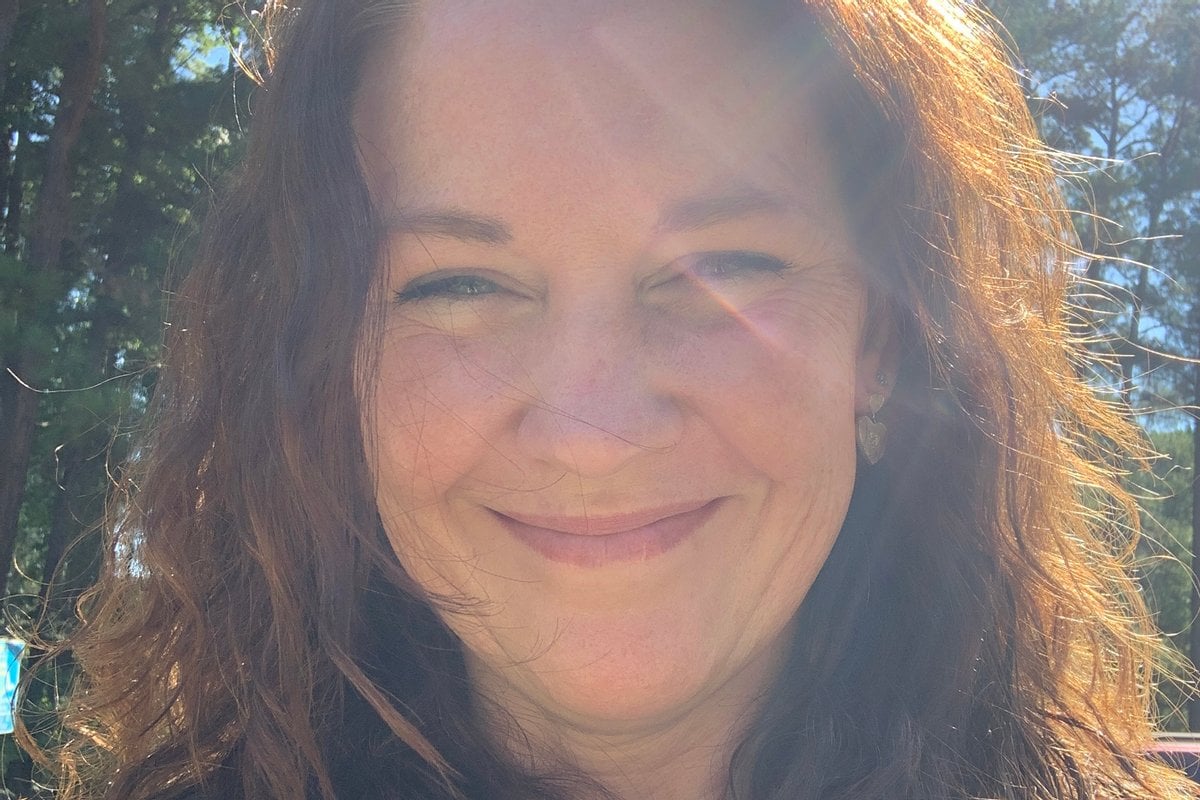
There was an unexpected finality in the heart-stopping moment I realised my friends had left me.
A few of us were away on a girls’ trip, and when I returned from a coffee run to an empty hotel room, my brain couldn’t compute. I didn’t understand until the reply to my message spelled it out: they’d left in the hire car without me – and wouldn’t be coming back.
And so ended a 35-year friendship.
I knew they would never do this to each other, but they had easily done it to me. In high school, I’d been that person – the one it was acceptable to tease, exclude, laugh at and leave behind – and not much had changed since.
I was still the one who was told there was no room in the restaurant, or who found out later there actually was a lunch. The one who had their face drawn on when she fell asleep, the only one who was condescended to with the slash of a sharp tongue.
These were girls I’d known since high school, and I admit I felt pretty good when I bragged about meeting my closest friend at 14, as if that duration one-upped me on other people’s friendships. In reality, time together often left me feeling hurt and stripped of confidence.
Watch: How to be a woman in 2023. Post continues after video.
The damage from toxic legacy friendships can last for decades, as they nourish the insecurities they planted years earlier, and I clung to mine in a state of anxiety and hope.

Top Comments